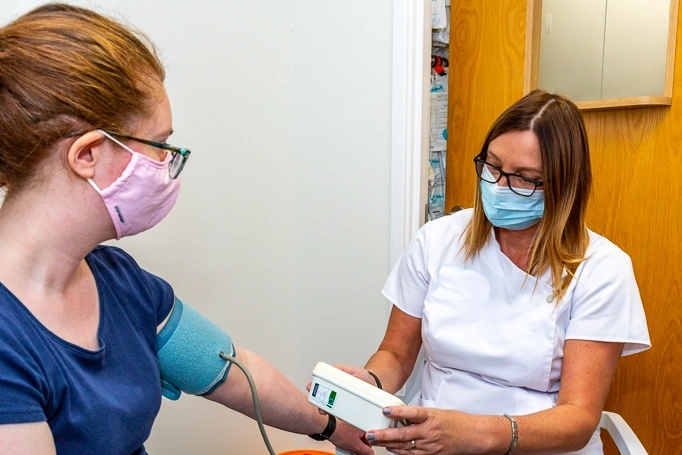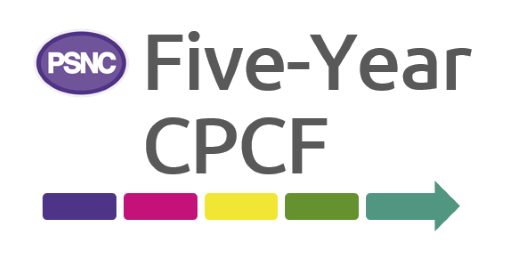Spring budget sets out NHS plans but brings no sign of relief for pharmacies
The Chancellor announced his Spring Budget today, against a backdrop of media speculation about whether a spring general election will soon be announced.
The budget contained several measures, including:
- A 2p reduction in National Insurance contributions from 6th April.
- A plan for more efficient public services
- Tackling inflation and bringing down borrowing in Britain
- A VAT registration threshold increase for small businesses (from £85k to £90k)
Regarding healthcare, the main takeaway from today was when the Chancellor confirmed an extra £2.5 billion for the NHS in England in 2024–25: he said that day to day spending would grow by 1% per year on average in real terms. The Government has also committed to a new NHS productivity plan to update antiquated IT systems.
The Chancellor said the investment needed to modernise NHS IT systems is expected to cost £3.4bn but will bring £35bn of savings. The Government aims to make improvements to the NHS app, set up a new NHS staff app, ensure all hospitals use electronic patient records and integrate more use of AI. This is all in a bid to reduce paperwork, boost technology and efficiency in the NHS and ultimately place the NHS as the largest digitally integrated healthcare system in the world.
However, there was no specific relief for community pharmacies mentioned today, despite the sector grappling with soaring costs and severe medicine supply and pricing issues.
Community Pharmacy England’s ramped up influencing activities are continuing ahead of this year’s likely General Election and the subsequent Spending Review.
Janet Morrison, Chief Executive of Community Pharmacy England, said:
“Today’s Budget brings no obvious good news for community pharmacies who need urgent relief from the ongoing unsustainable funding and operational pressures they are facing.
While the investment in Pharmacy First, announced last year, is welcome and has been the most significant investment in pharmacies in a decade, further support is needed to stabilise the sector and its core contractual arrangements. If the 1% annual growth in day-to-day NHS spending is applied across primary care this will do little to fill pharmacy’s core funding gap. And while the NHS productivity plans may theoretically add some efficiencies across primary care, it remains to be seen if this will bring any real benefit to pharmacies: the devil will be in the detail, and this will not provide the silver bullet that pharmacies so desperately need.
Investing further in community pharmacies would be good for businesses, high-streets, patients, the public and the wider NHS, and we’re continuing to make this case loudly and clearly, as well as warning NHS and Government of the devastating consequences if they continue to allow pharmacies to close.”








